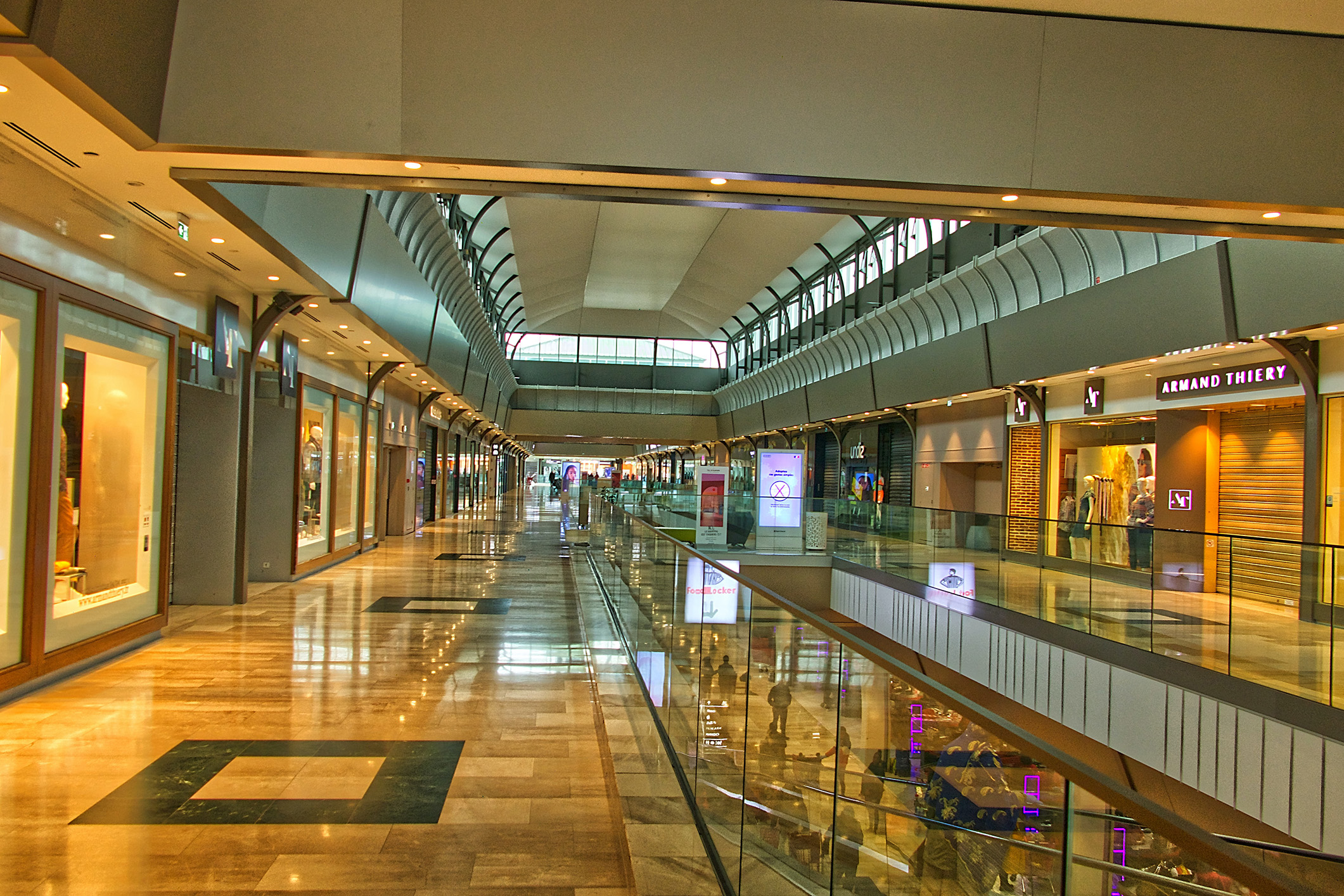Operating a shopping mall is a complex endeavor that requires seamless integration of various aspects such as tenant management, facility maintenance, inventory control, and customer satisfaction. With multiple departments and numerous activities happening simultaneously, it is crucial to have an efficient and effective system in place to manage these operations. In this blog, we will explore the importance of using an Enterprise Resource Planning (ERP) system for shopping mall management and the benefits it offers.
Introduction to Shopping Mall Operations
Shopping malls are bustling hubs where people come to shop, dine, and experience various forms of entertainment. Behind the scenes, there is a well-coordinated effort to ensure smooth operations and a positive experience for both mall tenants and customers. Managing a shopping mall involves tasks such as lease and contract management, tracking and maintenance of common areas, handling tenant requests, managing marketing campaigns, and facilitating customer service. With so many moving parts, coordination and organization are key to success.
The Role of ERP Systems in Shopping Mall Operations
An ERP system is a comprehensive software solution that integrates various departments and functions within an organization. It provides a centralized platform for managing and streamlining all business processes, making it an invaluable tool for shopping mall operations. Here are some key benefits of using an ERP system in managing shopping malls:
- Efficient Lease and Contract Management: Managing lease agreements with tenants is a complex task, involving rent collection, invoicing, lease renewals, and tracking of important dates. An ERP system simplifies this process by providing a centralized database to store lease information, automate rent calculations, and generate lease documents, ensuring accuracy and reducing administrative burden.
- Seamless Facility Maintenance: Keeping the mall in top condition requires efficient facilities and maintenance management. An ERP system allows facilities managers to track and schedule maintenance tasks, streamline work orders, manage service contracts with external vendors, and ensure quick resolution of issues, minimizing downtime and enhancing the overall shopping experience.
- Integrated Inventory Control: Inventory management is crucial in managing a shopping mall, especially in areas such as retail stores and food courts. An ERP system provides real-time visibility into stock levels, automates replenishment processes, tracks expiration dates, and helps monitor sales trends. This ensures optimal inventory levels, minimizes stockouts, reduces waste, and improves cost management.
- Effective Marketing Campaigns: Marketing plays a vital role in attracting customers and promoting mall events and promotions. An ERP system can integrate marketing functions such as customer segmentation, email campaigns, loyalty programs, and coupon management. It enables data-driven decision making, personalization of offers, and tracking of campaign effectiveness, leading to improved customer engagement and increased footfall.
- Enhanced Customer Service: Customer satisfaction is paramount in a shopping mall. An ERP system allows for seamless management of customer interactions, including complaints, feedback, and inquiries. It enables customer service representatives to access customer information, track service requests, and resolve issues promptly, resulting in a superior customer experience and increased loyalty.
Conclusion
Managing shopping mall operations requires meticulous planning, efficient coordination, and streamlined processes. With the complexity involved, an ERP system proves to be an invaluable tool for ensuring seamless operations and optimal resource management. From lease and contract management to facilities maintenance, inventory control, marketing campaigns, and customer service, an ERP system provides a centralized platform for managing all aspects of shopping mall operations. The benefits of using an ERP system include increased efficiency, improved accuracy, cost savings, enhanced customer experience, and overall business growth. Investing in an ERP system empowers shopping mall operators to stay competitive, adapt to changing market dynamics, and deliver exceptional services to tenants and customers alike.
At Multiable, we understand the intricacies of managing shopping malls and the need for a robust ERP solution. Our Multiable ERP platform offers comprehensive functionalities tailored to the specific needs of shopping mall operations. With decades of experience in providing transformational ERP solutions, we are committed to helping businesses optimize their operations and achieve success. Embrace the power of our ERP system and take your shopping mall management to new heights!
Contact us


